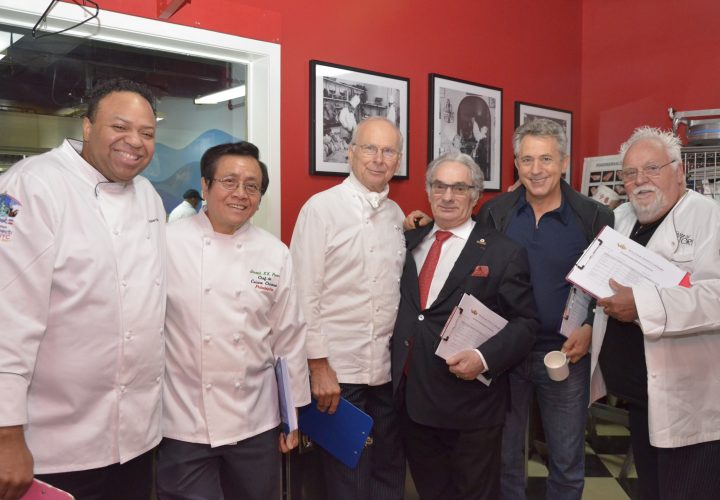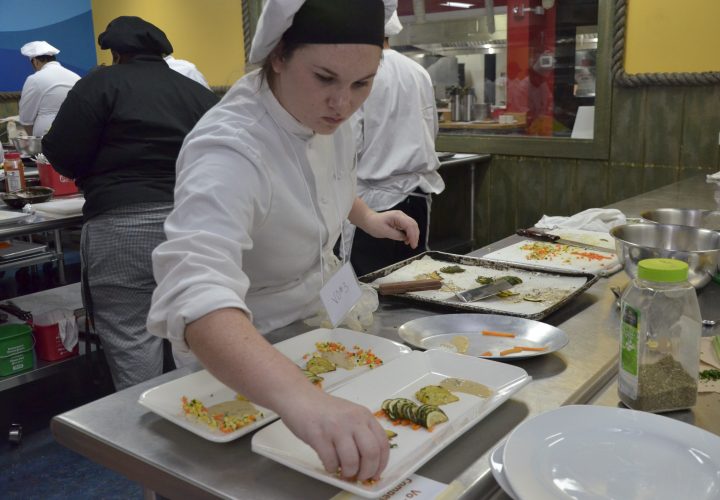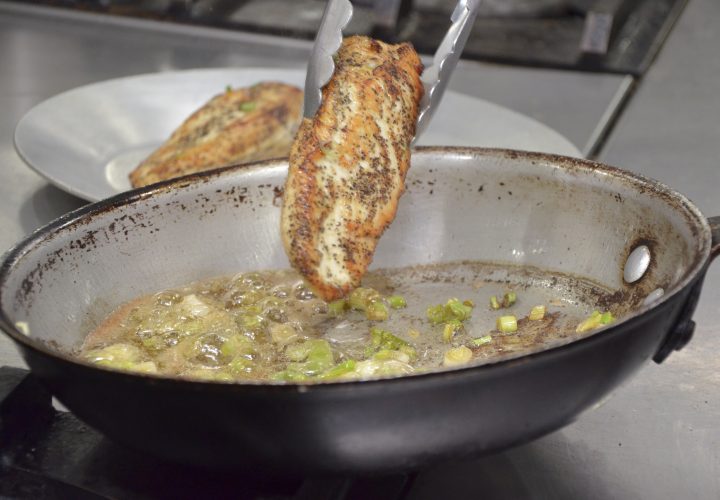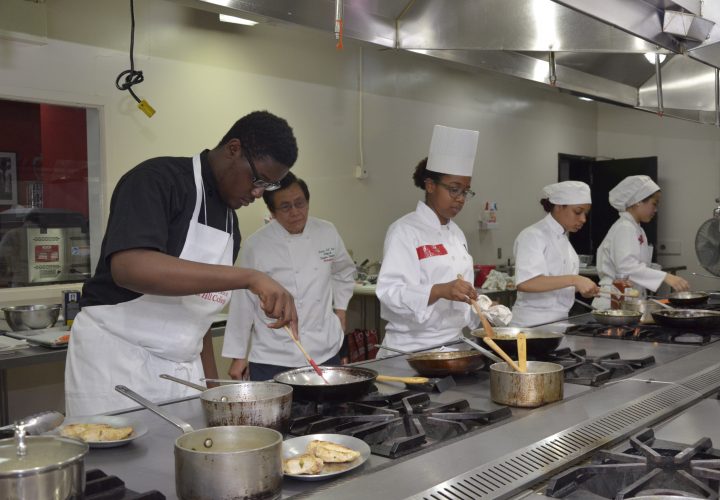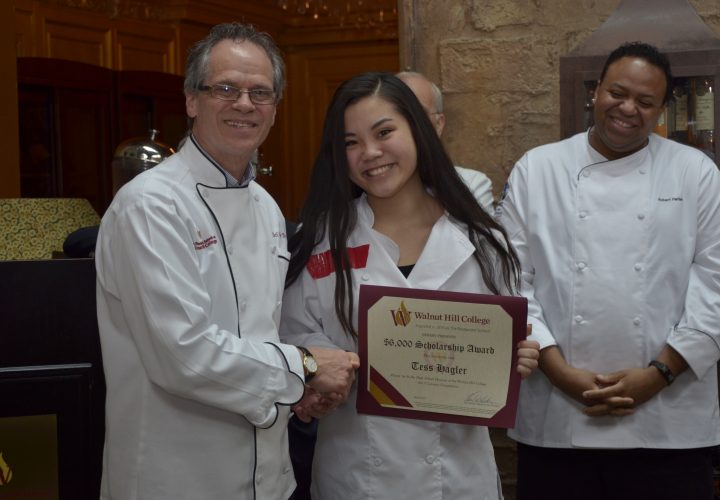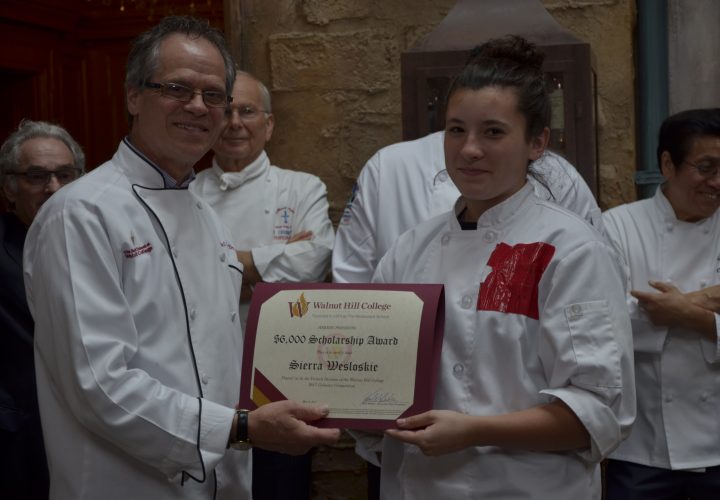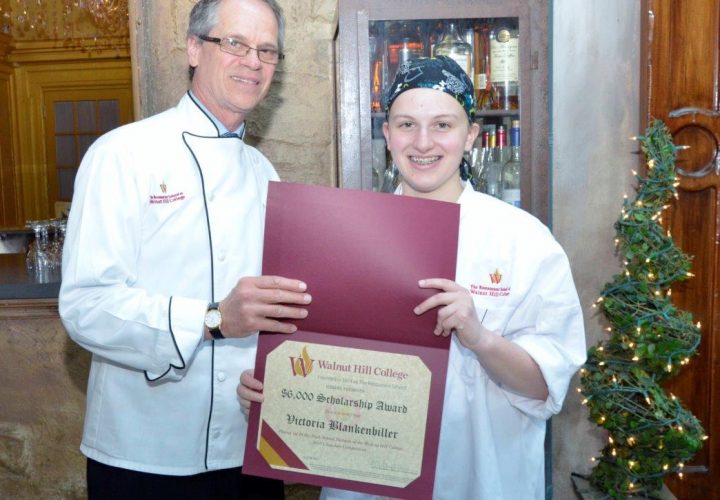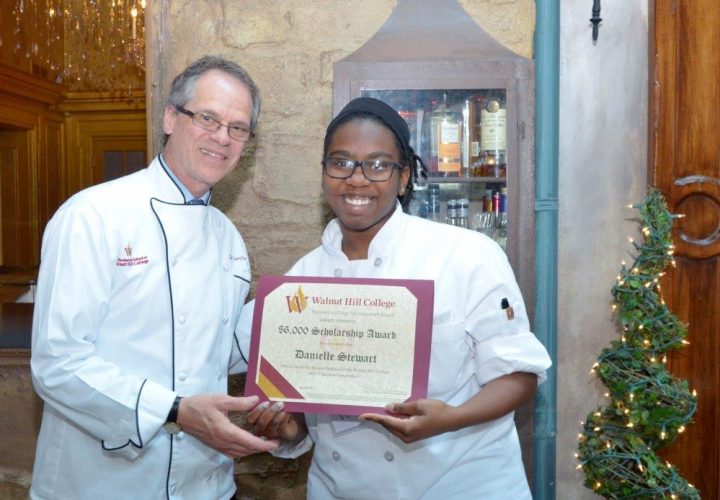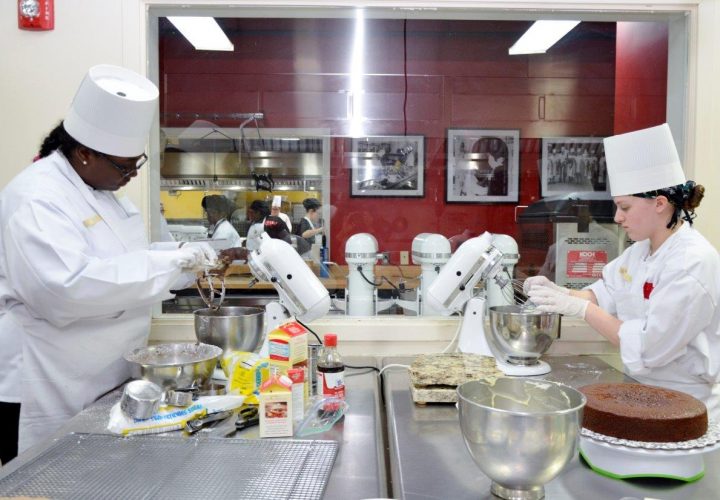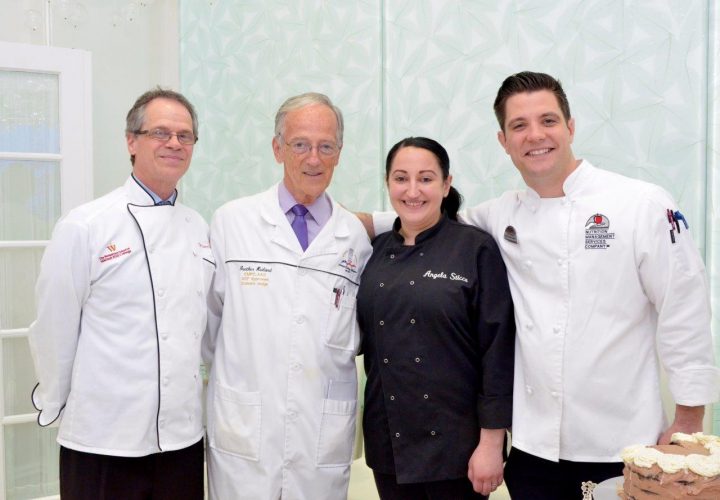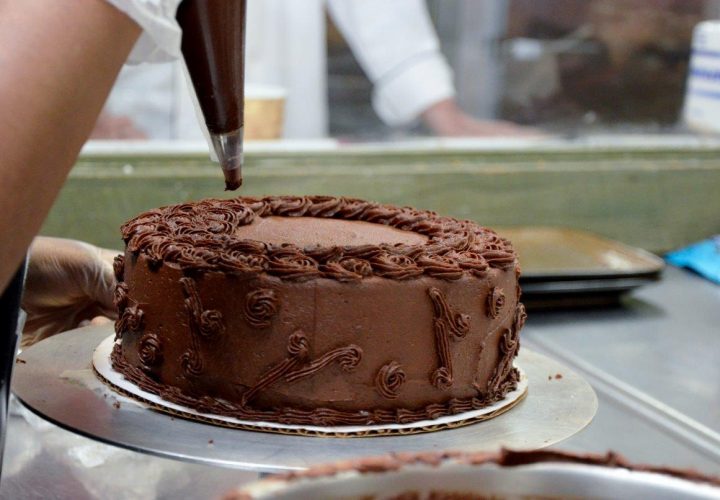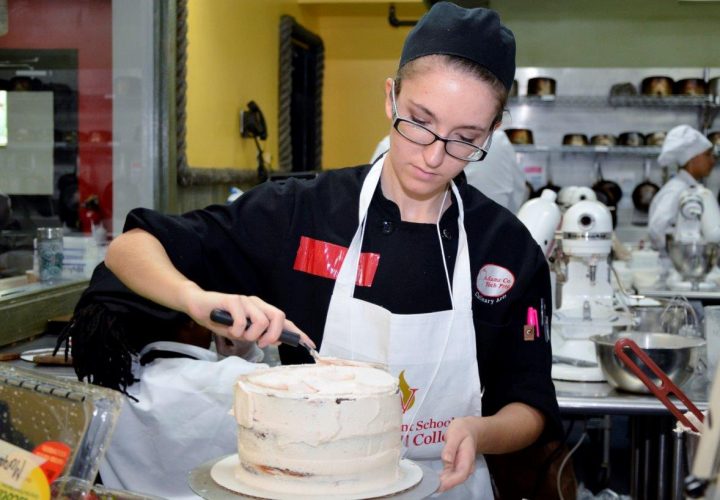What opportunities are at Walnut Hill College?
By Steven Benton
Here at Walnut Hill College, there are many opportunities for students to engage in fun and career-related extracurricular activities, whether it’s our clubs on campus or the many internship opportunities that the College has to offer.
What opportunities are at the College?
Our college is different from many other colleges. We have many clubs that offer opportunities for you to learn skills for your professional career, like Healthy Cooking & Baking Club and Cocktail Club. These clubs give you the chance to learn about different cooking techniques and different drinks that you can create for your business, respectively. Get more information about our clubs by clicking here!
Other opportunities include the internships that each student must complete to earn their degree. The College can help you find an internship site that suits your major from among the hundreds of sites that have been approved by the College. Get more information about internships here!
Who can help you find opportunities?
Many of the instructors here at the College can help you find opportunities in your professional career. But one person who can help you a lot is Mrs. Bonner, the Career Development Coordinator. She is the person you talk to about your internship as well as job placements after graduation. She can help you find and, hopefully, obtain an internship at a reputable hospitality business in the Greater Philadelphia area.
How can I use those opportunities?
The opportunities you get here at Walnut Hill College can help you wherever you go in the hospitality field. Whether it is in your personal life or your professional career, any opportunity here at the College can help you.
Opportunities can be found all over this College; you just have to be willing to look for them.
Steven Benton, Student Leader
Restaurant Management, Class of July 2018

